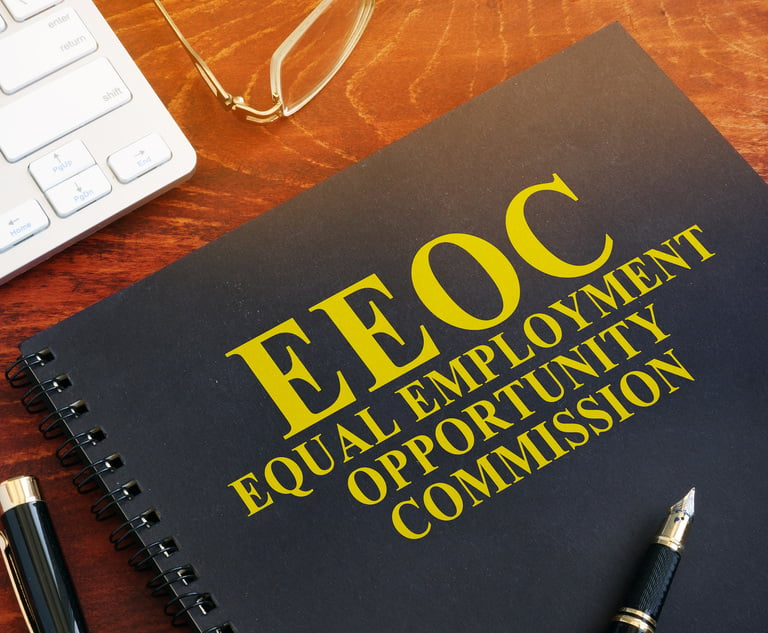Audits and investigations into potentially inaccurate or improper Medicare or Medicaid claims can be prolonged, contentious, expensive, and messy. The government agency (or government contractor) involved can demand and scrutinize voluminous amounts of bills, medical records, and business documents, and can conduct extensive interviews with the target’s executives and employees. There are often disagreements as to the meaning of Medicare and Medicaid laws, regulations, and billing rules.
Investigators and auditors can pick and choose a sampling of bills and then extrapolate the statistical result to the universe of bills for a particular time period, and come up with what is often an extravagant claim for repayment. The billing samples and statistical calculations are examined and then challenged. At the end of this long, tortuous road, a settlement agreement can be reached whereby the entity that submitted the claims agrees to re-payment of inaccurate, improper, or questionable claims, the payment of applicable fines, penalties and interest, and possibly submits to compliance and reporting requirements for a period of time.
This content has been archived. It is available through our partners, LexisNexis® and Bloomberg Law.
To view this content, please continue to their sites.
Not a Lexis Subscriber?
Subscribe Now
Not a Bloomberg Law Subscriber?
Subscribe Now
LexisNexis® and Bloomberg Law are third party online distributors of the broad collection of current and archived versions of ALM's legal news publications. LexisNexis® and Bloomberg Law customers are able to access and use ALM's content, including content from the National Law Journal, The American Lawyer, Legaltech News, The New York Law Journal, and Corporate Counsel, as well as other sources of legal information.
For questions call 1-877-256-2472 or contact us at [email protected]


 Francis J. Serbaroli
Francis J. Serbaroli




